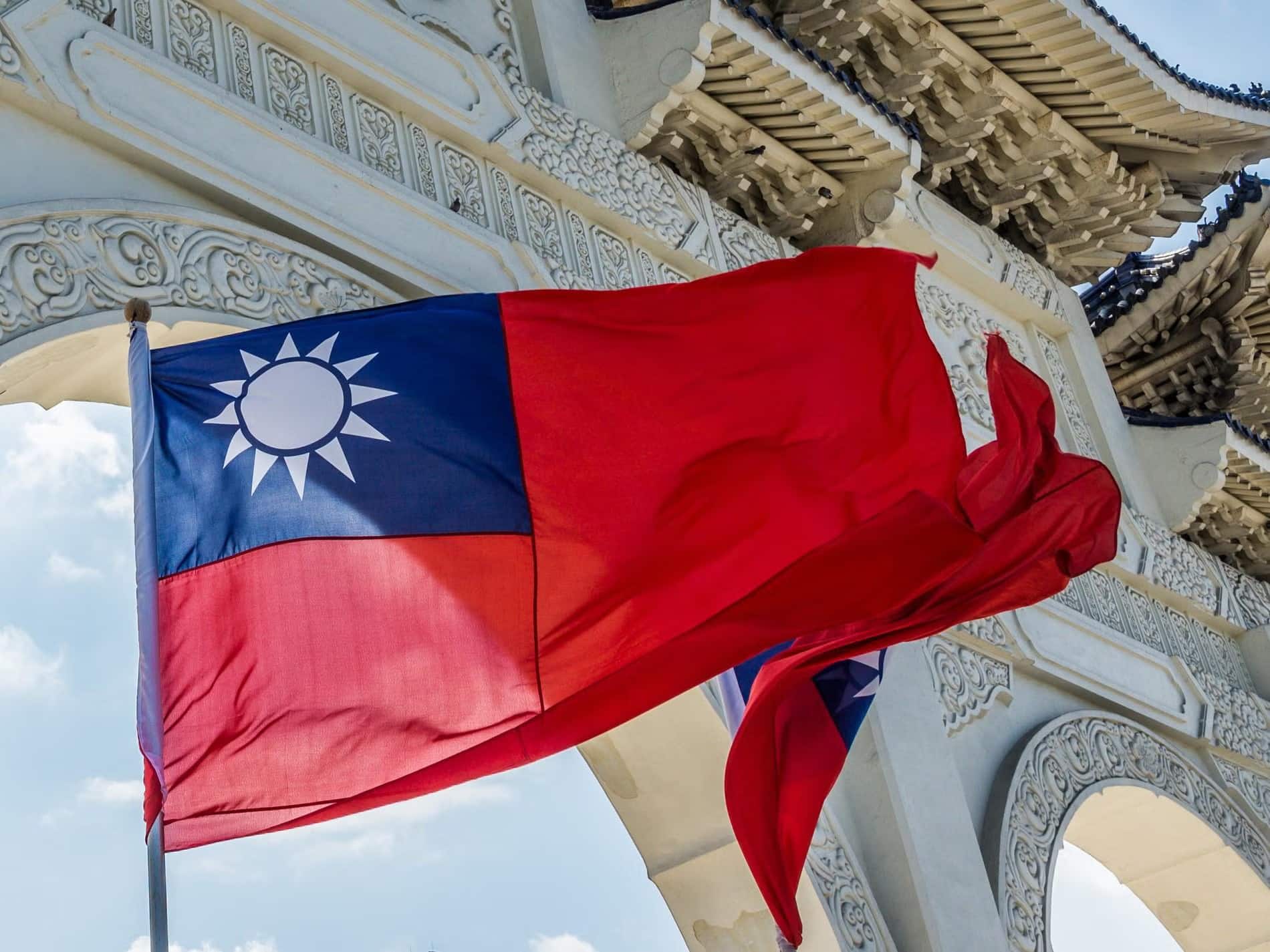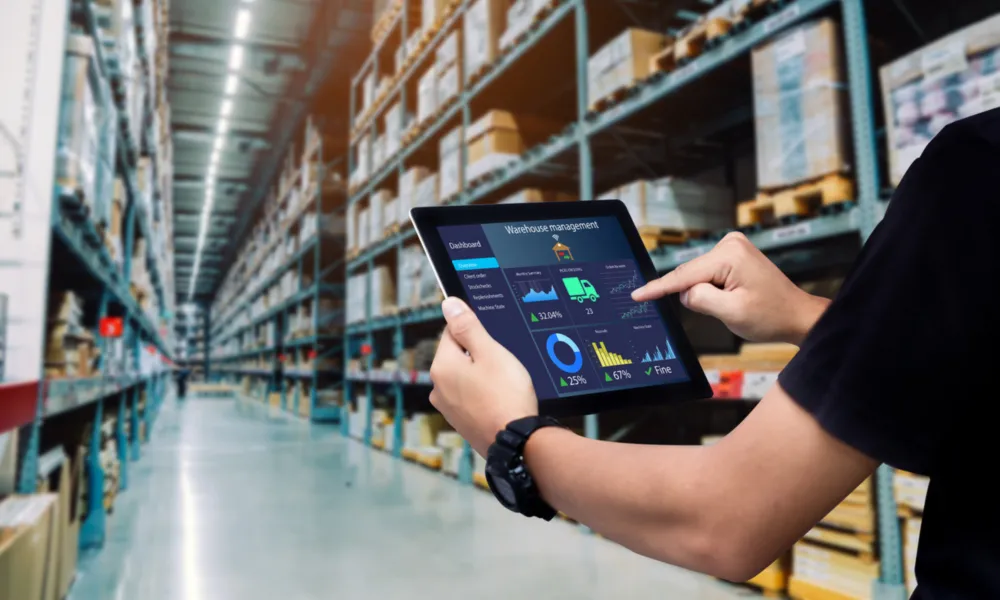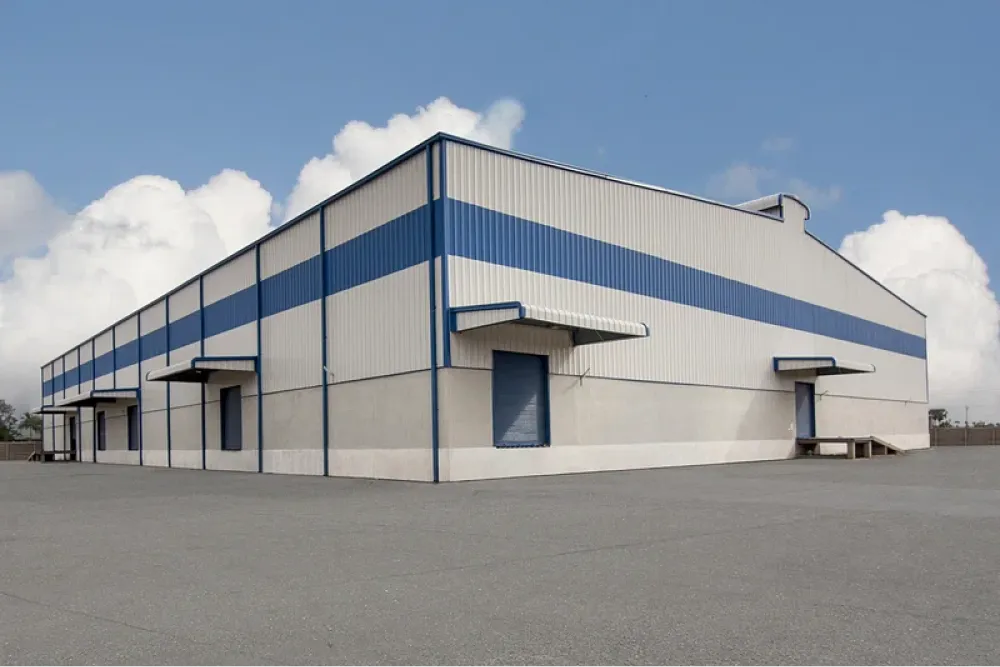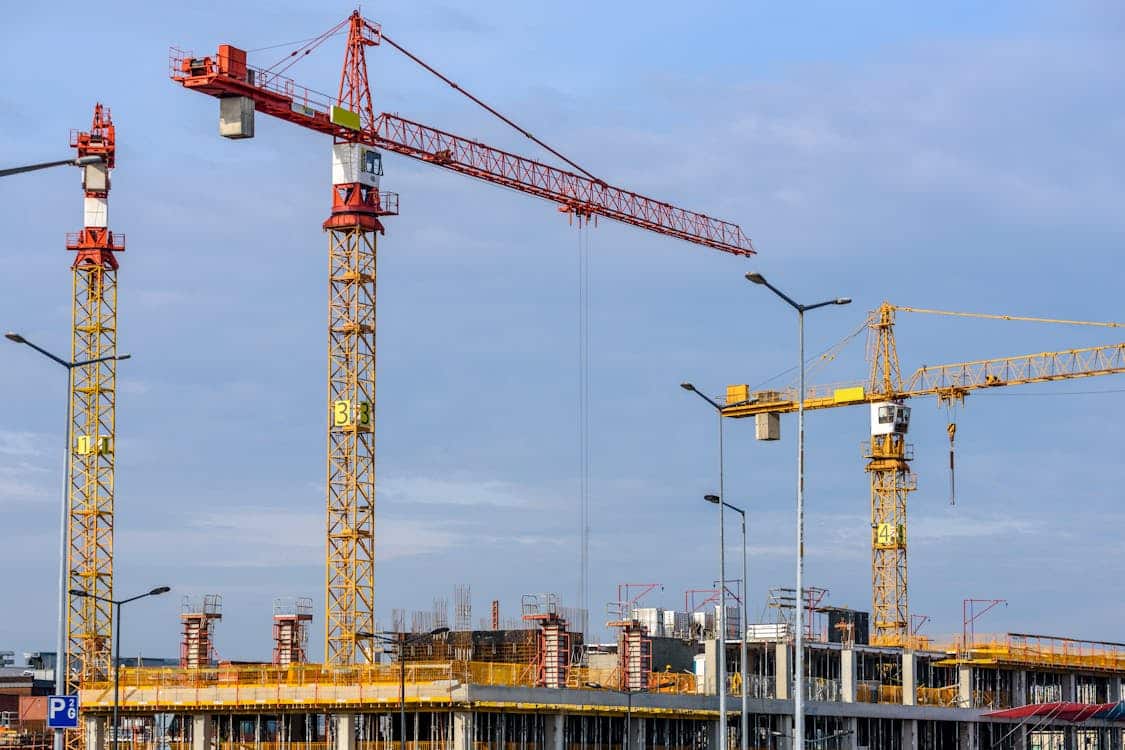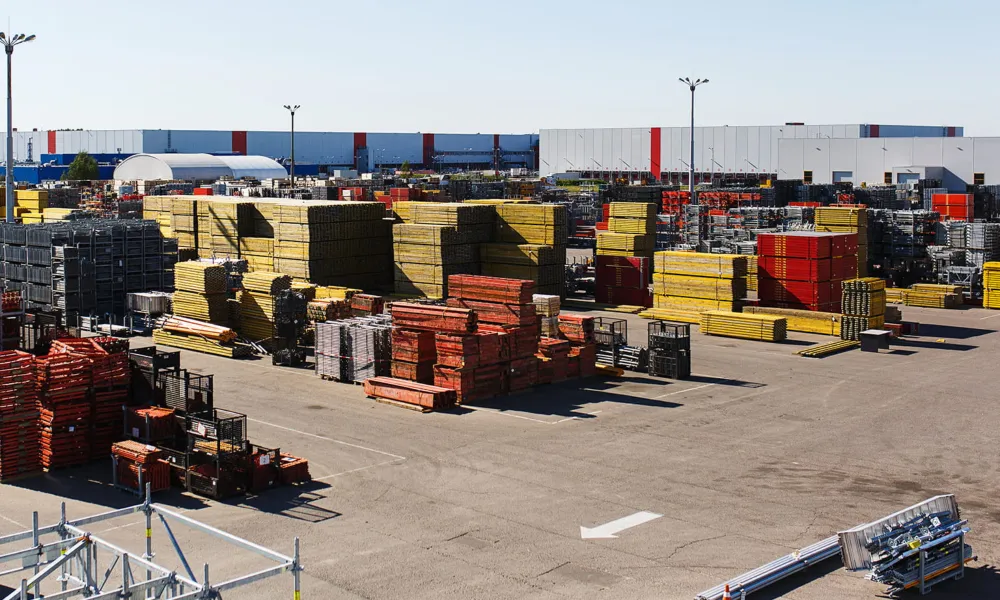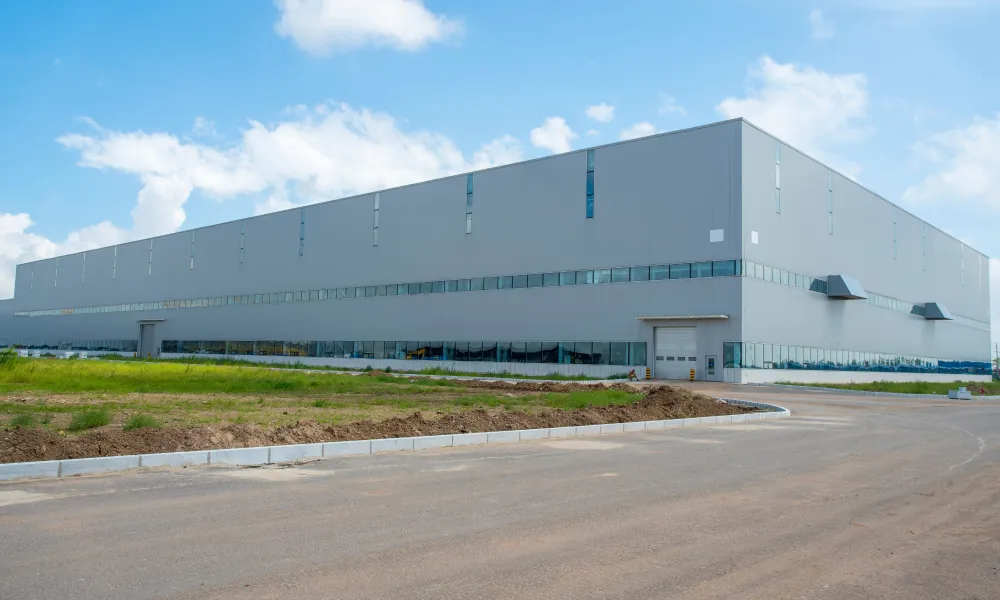Industrialization in Vietnam, which started in the early 1990s and is still going today, has made exceptional accomplishments that have influenced the economics of the nation. Along with this expansion, the real estate industry is expanding and, in turn, supports a stronger acceleration of the industrialization process.
Vietnam’s industrialization and the process of changing the country’s economy.
Vietnam’s economy has undergone a significant transformation as a result of industrialization, moving from a mainly agricultural economy to a diversified and advanced industrialized one.
In the past, Vietnam’s economy once relied heavily on the agricultural industry. However, industrialization has promoted the development of industries, including processing and manufacturing industrial products such as autos, electronics, textiles, etc.
Accordingly, the proportion of the agriculture, forestry, fishing, and seafood sector in GDP decreased from 18.9% to 14.8% in the period from 2010 – 2020. While this was going on, Vietnam’s manufacturing, construction, services, and industrial sectors all grew more than expected, from 81.1% to 85.2% in 2020, which grew beyond the target.
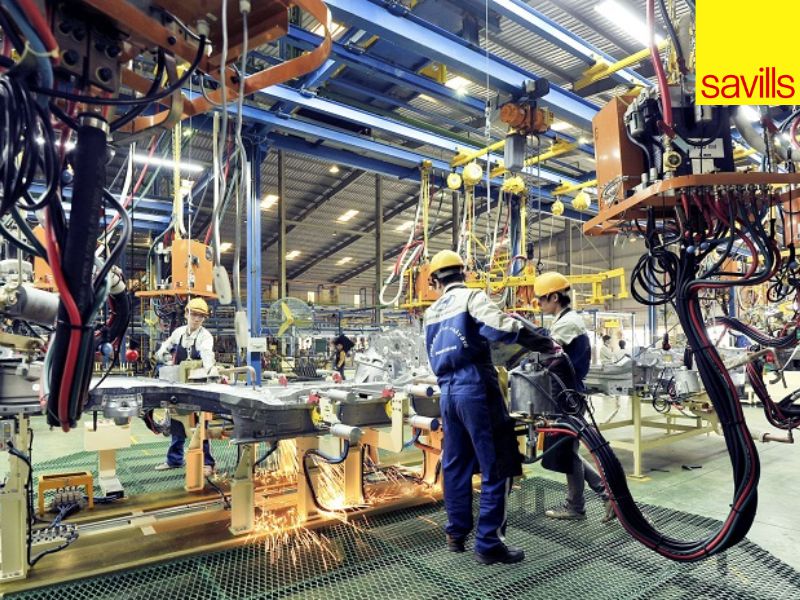
Industrialization completely changed the Vietnamese economy
The expansion of industries has created many investment opportunities have been created, attracting both domestic and foreign investment and boosting exports. The improvement in people’s quality of life and GDP growth are both results of the increase in industrial production and productivity.
From 2016 to 2020, Vietnam’s average yearly GDP growth rate reached 6.0%. Despite many difficulties the global economy experienced in 2022, the GDP growth rate is projected to reach 8.0% and meet 14 of the 15 objectives established.
The Industrial Production in Vietnam Index (IIP) rose from 7.4% in 2016 to 9.1% in 2019, reflecting the country’s industrial sectors’ ongoing expansion of production. The unemployment rate has gone down, worker salaries have gone up, economic growth has been sparked, and hunger and poverty have been lessened as a result.
The benefits and bilateral effects of industrialization and industrial real estate
Industrial property and industrialization in Vietnam have a positive bidirectional effect in Vietnam. The expansion of the rest is dependent on the development of this industry.
The country’s economic progress is strongly fueled by industrialization and the growth of industrial property. The development of industrial real estate and industrialization are significant economic drivers for the nation. By attracting FDI, industrial property projects are expected to receive a total of 10.86 billion USD in the capital by May 2023, comprising 962 projects, according to information from the Ministry of Foreign Investment, 485 capital adjustment projects that were just approved. As demand rises, the value of industrial parks, factories, and related infrastructure also rises.
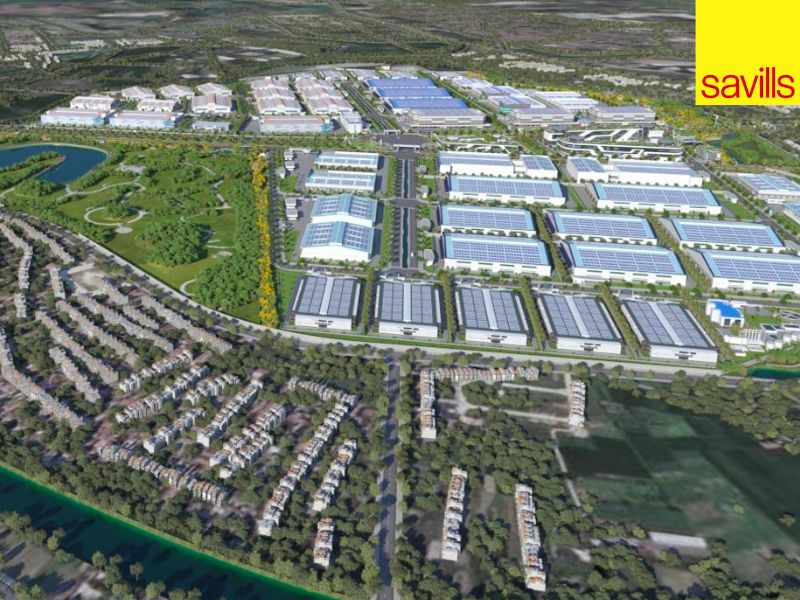
FDI capital poured into industrial park projects has grown strongly in recent years
The process of industrialization has created a demand for land use in Vietnam in the construction of production infrastructure, including industrial parks, export processing zones, and industrial urban areas. According to statistics, there is 58.7 thousand ha of industrial land across the entire nation, distributed across 563 industrial zones in 61/63 provinces and towns.
The development of product supply chains by then establishing favorable conditions for their development. For manufacturing, assembly, and trading businesses, industrial parks and export processing zones offer space and facilities. In order to improve efficiency, cut down costs, and create competitive advantages, multiple industries can then be linked together, producing opportunities for highly specialized individuals.
Additionally, the industrialization process promotes the development of reliable infrastructure, such as utilities, transportation networks, telecommunications, energy, and clean water, which helps to provide ideal conditions for infrastructure growth. It also helps to provide ideal conditions for infrastructure growth, thus, improving manufacturing facilities and business operations.
Elements influencing the concurrent growth of industrialization and industrial property
The concurrent development of industrial real estate and industrialization in Vietnam depends on many different factors to ensure sustainable development in the Vietnamese economy.
Government policies and planning have an extreme effect on how industrialization and industrial property are oriented and developed. It will be easier to attract new enterprises and design long-term business strategies when industrial zones, industrial urban areas, and investment-supporting policies are identified.
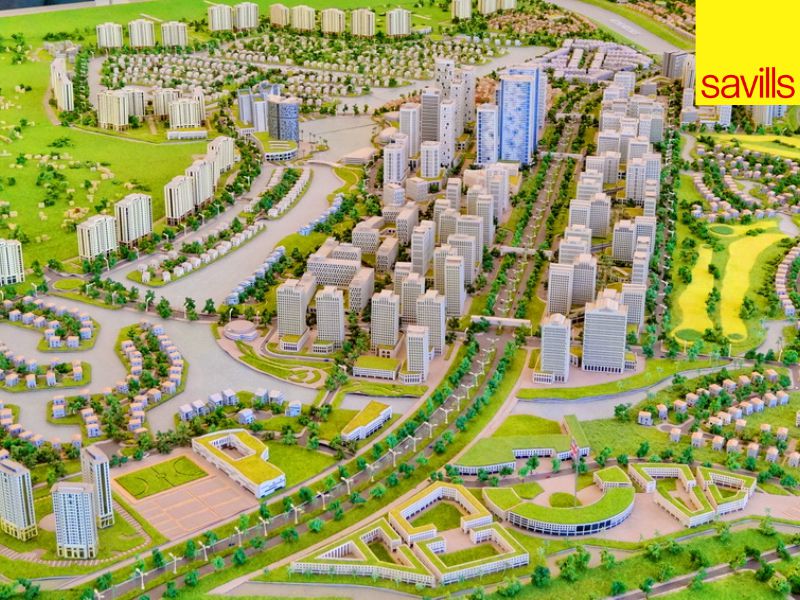
Market demand and industry competition drive investment and production expansion. At the same time, competition will drive improvements in the quality of efficiency and production in Vietnam, creating big jumps for the economy.
Investment and development of infrastructure like transportation systems, electricity, water, telecommunications, and other utilities are factors to support and ensure the sustainable development of the two sectors.
The provision of investment capital and financial support for projects in these two fields will attract investment and create favorable conditions for development.
High-quality human resources and expertise: The increase in production efficiency and product quality will be facilitated by high-quality human resources and expertise. Professional human resources will also play a key role in determining how quickly Vietnam’s economy develops and achieves success in the future.
Conclusion
Industrialization in Vietnam has changed the economy of Viet Nam, transitioning from an agricultural economy to a diverse and developing industrial economy. Additionally, industrialization has had an enormous effect on the demand for the construction of industrial real estate, which encourages the growth of the economy.
Contact Savills Việt Nam through Mr. John Campbell at 0986.718.337 or our group of senior specialists if you are interested in industrial real estate projects, including factories, warehouses, data centers, plants, industrial property, or logistics for full project advice.




